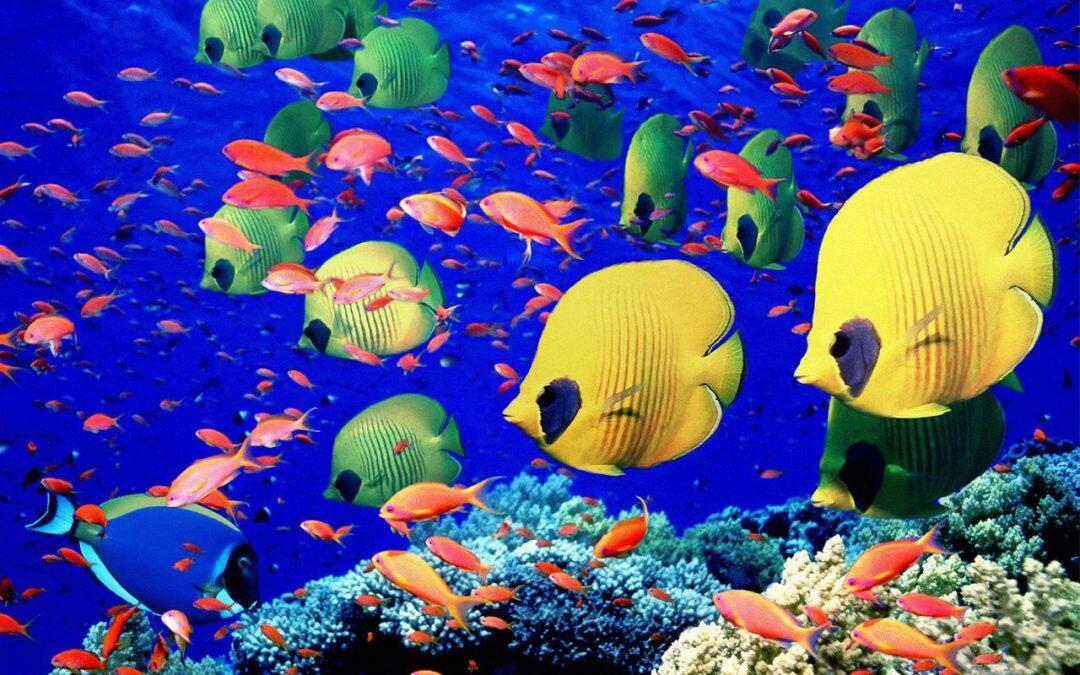Some fish will deal with the changing ocean chemistry linked to global warming permanently putting the defenses of your body in “night mode” because night is the time of day when the sea water is less welcoming for them, revealed a scientific study.
Carbon dioxide by man generated, released into the air by burning fossil fuels, forms a weak acid when mixed with water can harm marine life and possibly become an effect that worsen the consequences of global warming during this century.
The study of thorny damsels, small of the Great Barrier Reef of Australia species, revealed that those better able to combat the high levels of carbon dioxide in the water produced offspring with flexible biological clocks that helped them adapt to the “acidification “.
“Apparently tolerant offspring would have their circadian clocks adjusted as if always out at night,” wrote Timothy Ravasi, one of the authors of the University of Science and Technology King Abdullah in Saudi Arabia, on the findings published in the journal Nature Climate Change .
Scientists raised gray and white damsels in waters with levels of carbon dioxide comparable to those estimated for the coming decades and examined the changes occurring in the genes and proteins in their brains.
Philip Munday, another of the study authors belonging to James Cook University in Australia, told Reuters that the results are “potentially good news” because they indicate how fish can adapt to acidification.
However, Munday said scientists need more studies to see how these beneficial genes are inherited, and noted that there are many other harmful factors linked to climate change such as rising sea temperatures that can prevent the reproduction of some fish.
Source: http://www.invdes.com.mx/medio-ambiente/1927-se-adaptan-peces-al-calentamiento-global.html











